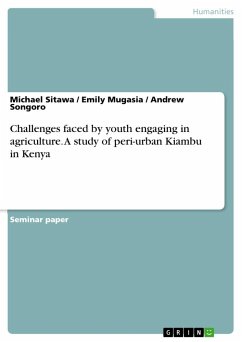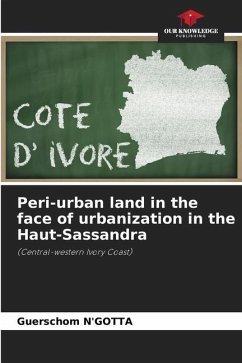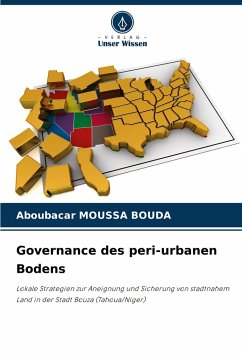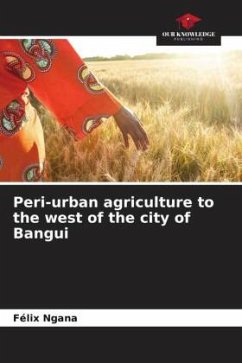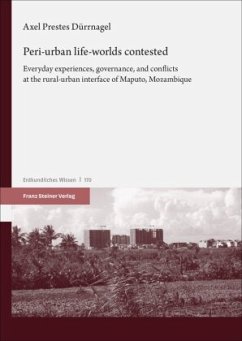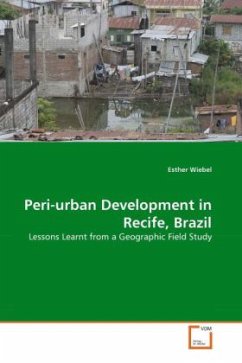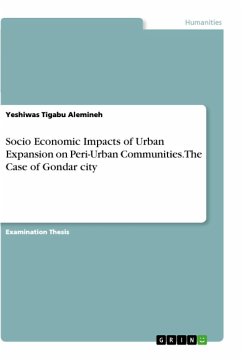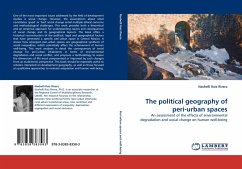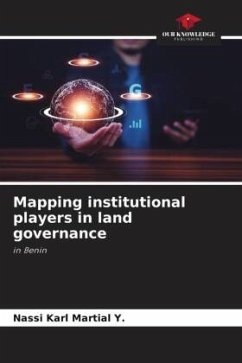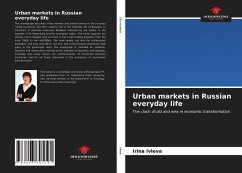
Governance of peri-urban land
Local strategies for appropriating and securing peri-urban land in the town of Bouza (Tahoua/Niger)
Versandkostenfrei!
Versandfertig in 6-10 Tagen
45,99 €
inkl. MwSt.

PAYBACK Punkte
23 °P sammeln!
In post-independence Niger, the state reformed land policies and natural resource management practices inherited from the colonial period. Various measures were taken to limit the role of customary chiefs in land distribution and promote equitable access to natural resources for all stakeholders, mainly farmers and herders.Nevertheless, the often brutal urban sprawl, with its corollary of the commercialization of land, creates conflicts that are difficult for local authorities to manage. As a result, the state is still finding it difficult to control access to land ownership and land use right...
In post-independence Niger, the state reformed land policies and natural resource management practices inherited from the colonial period. Various measures were taken to limit the role of customary chiefs in land distribution and promote equitable access to natural resources for all stakeholders, mainly farmers and herders.Nevertheless, the often brutal urban sprawl, with its corollary of the commercialization of land, creates conflicts that are difficult for local authorities to manage. As a result, the state is still finding it difficult to control access to land ownership and land use rights. In this sense, urban land has become a highly lucrative source of income, which belongs more to the informal sector and exposes farmers to situations of insecurity and risks of land speculation.This study, carried out in a medium-sized town in Niger, in this case the urban commune of Bouza, examines the foundations of persistent land tenure insecurity among peri-urban agricultural producers, despite the existence of effective land governance instruments.





